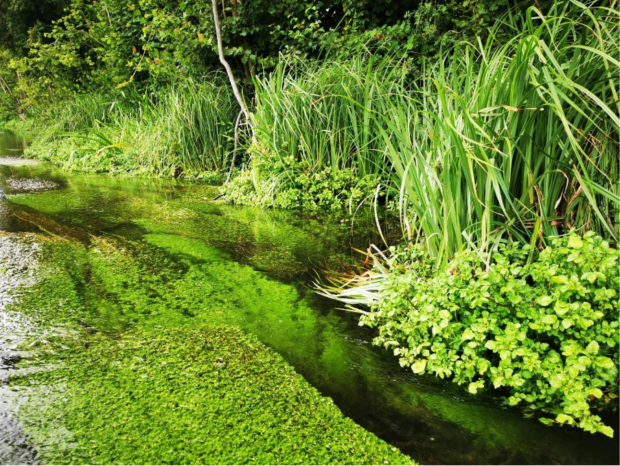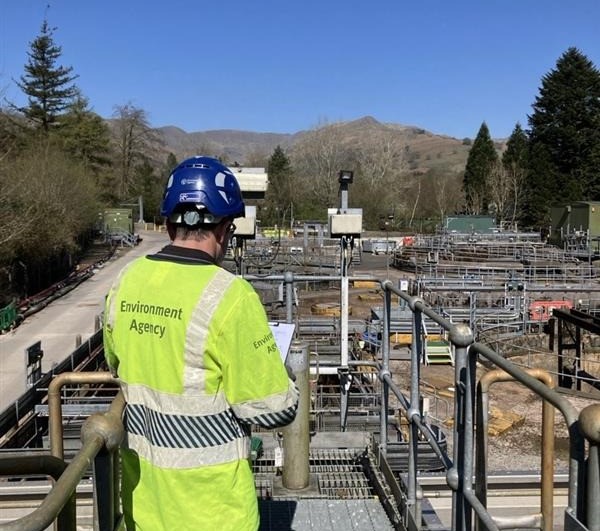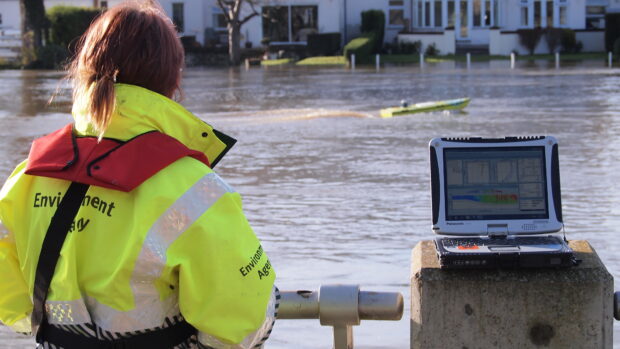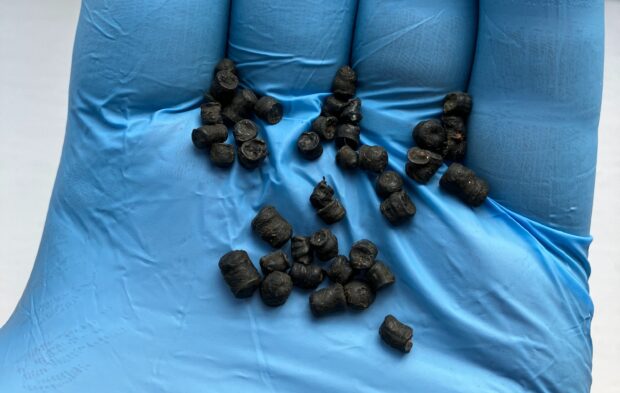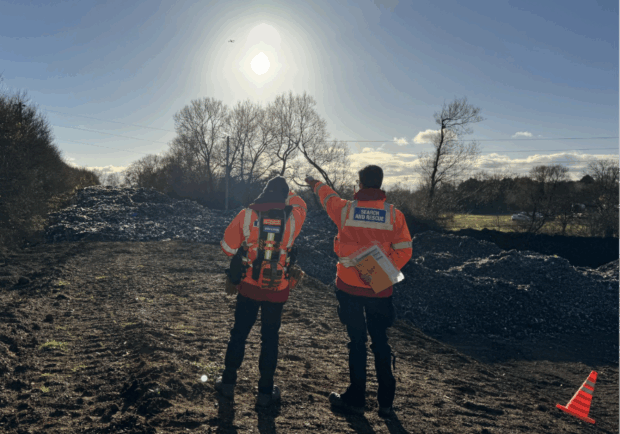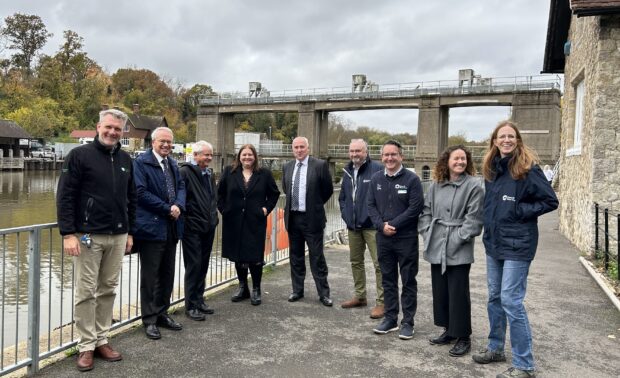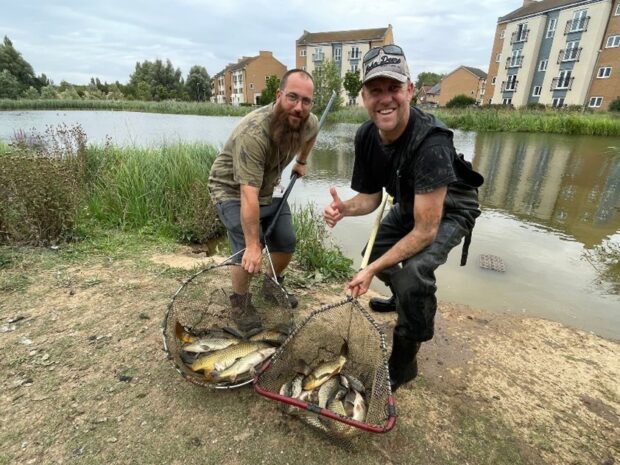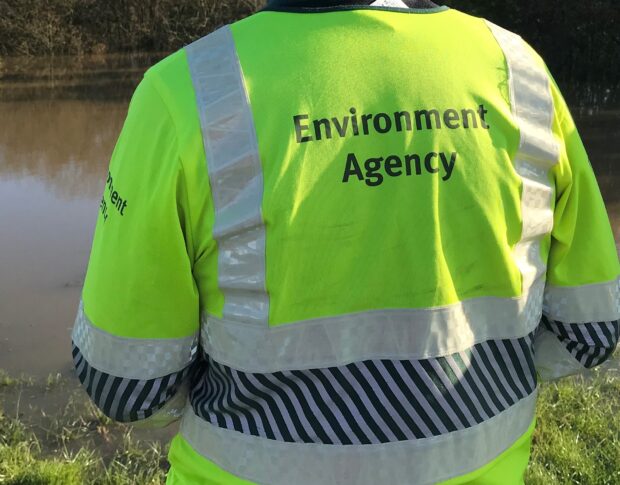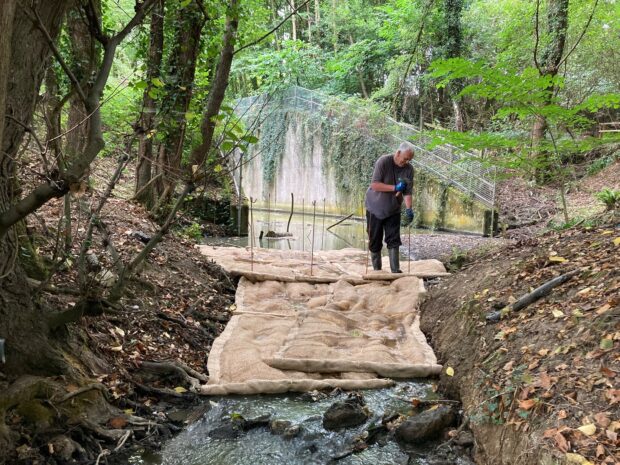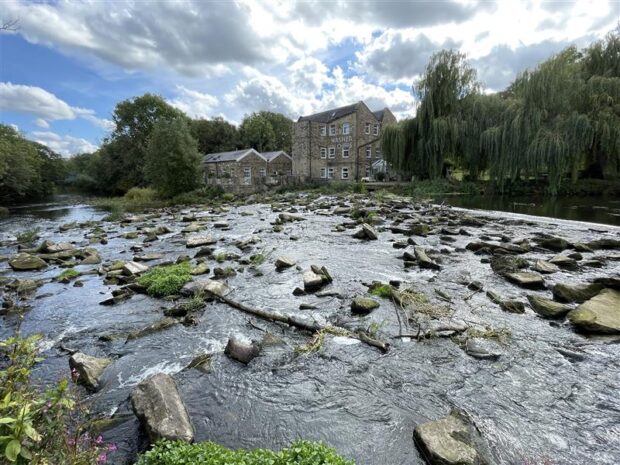We’re delighted to announce the launch of a new digital tool that lets you report on the health of your local rivers, lakes and beaches in real-time, directly from your phone. BluePrint, developed by the Environment Agency in partnership with Hello Lamp Post, builds on the success of WaterWatch - a year-long pilot that gathered public observations at five bathing water sites. Now, the concept is going national.
Andy Brown, Northwest Water Regulation Manager, explains how regulation is driving real improvements to water quality in Windermere, Cumbria.
Today marks a significant moment for all of us who care about England’s rivers and streams. Today, we’re releasing our first set of analysis-ready water data under Defra’s Natural Capital and Ecosystem Assessment (NCEA) programme and I’m immensely proud of the work of hundreds of committed Environment Agency Staff that has got us to this point.
On the week of 3 November a vast number of small black plastic pellets started to wash up on the beach at Camber Sands in East Sussex. It immediately, and naturally, drew considerable concern from the public and local community. …
Following our initial blog about the appalling large-scale illegal dumping of waste near Kidlington, we want to update you on the significant progress being made to protect the community and environment.
As the summer boating season has drawn to a close, it’s a moment to reflect on the challenges and achievements of the past summer. Drought conditions have tested our waterways and infrastructure - but they’ve also revealed resilience, innovation, and a shared commitment to protecting England’s canals and rivers.
East Anglia is one of several areas across England experiencing prolonged dry weather or drought. Nationally, the Environment Agency is coordinating efforts through the National Drought Group to protect water supplies and the environment during this challenging period. Whilst the …
There has been media interest today (Thursday 25 September) in the Environment Agency’s attendance to pollution incidents, including in the BBC. The coverage examines the categorisation process of incidents. The article does not give the full picture around the EA’s performance, …
For many, this has been a glorious summer, with long hot days being enjoyed by family gatherings, holidays and being outside! However, this spring and summer has been dry and the drought is causing significant environmental impacts, with Atlantic salmon, …
The Environment Agency has published the latest Atlantic salmon stock assessment for England, providing insights into the health of our salmon populations. The results, based on 2024 data, confirm that salmon stocks remain at critically low levels, underscoring the urgent …
